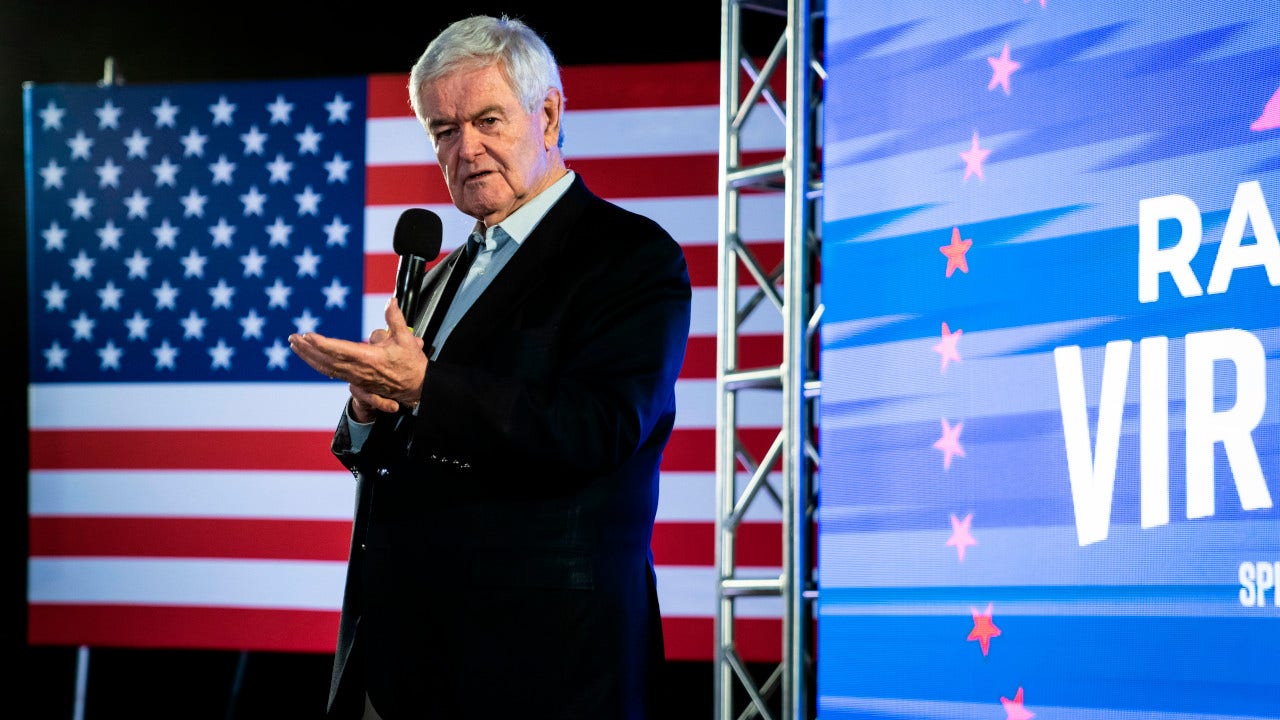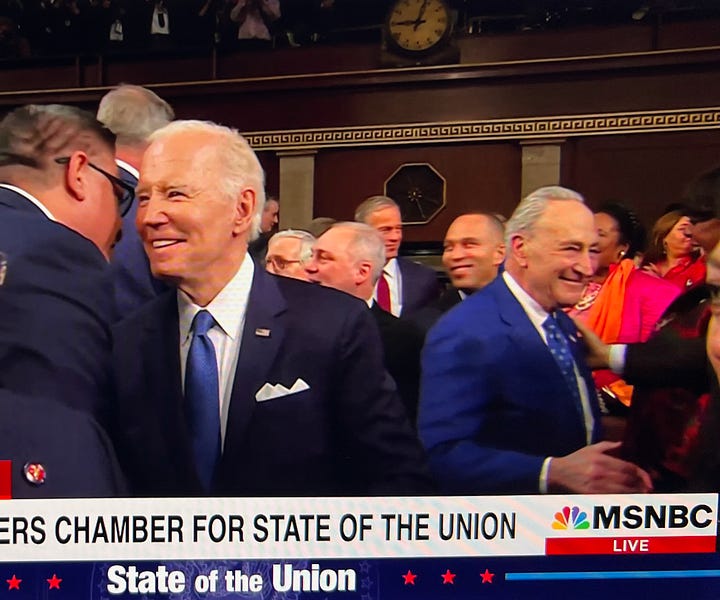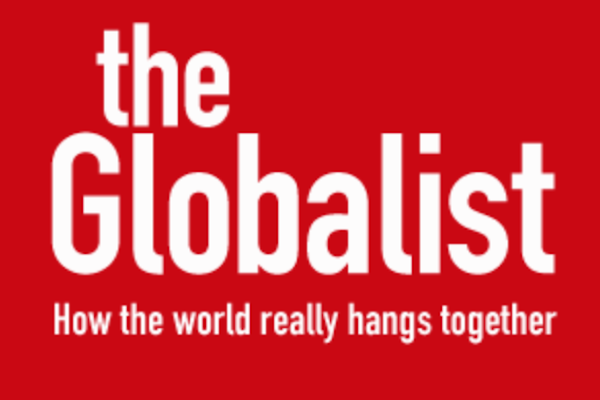Tom Paine 1949
Diamond Member
- Mar 15, 2020
- 5,407
- 4,513
- 1,938
For many reasons I never particularly liked (or hated) Joe Biden. I was sorry when he was chosen — almost tenured in — as the Dems Presidential candidate in 2020. The vicious and blind hatred for him from the extreme right is not shared by most Americans, who preferred him to Trump in 2020 by almost 8 million votes.
The OP article is not alone in saying Republicans have underestimated Biden. Even Newt Gingrich on FoxNews warned Republicans and “blind fellow Conservatives” (I call them populist extremists) … that they were underestimating Biden:

 www.foxnews.com
www.foxnews.com
Everybody acknowledges Biden is not a charismatic politician. At best, he is just an old, slow but reliable & sober (centrist) liberal. He doesn’t warm the cockles of voters’ hearts the way the master entertainer Trump does for his own (often cultish) supporters. But Trump now has so much baggage associated with him that he may prove much easier to defeat in 2024 than in 2020 — so long as nothing much changes for the worse in the meantime.
Unfortunately Biden is plenty old and there are few Dems is position to replace him should his health fail. Even so, Biden has the great advantage of not being a divider like Trump, a patented loudmouth offensive to so many independents. Biden thus fulfills the somewhat utopian desire of most Americans for “a return to normalcy.”
I personally still hope Biden decides to — or has no choice but to — step down. I want a younger and overall superior candidate to take his place. But I’m not holding my breath …
The OP article is not alone in saying Republicans have underestimated Biden. Even Newt Gingrich on FoxNews warned Republicans and “blind fellow Conservatives” (I call them populist extremists) … that they were underestimating Biden:

Newt Gingrich issues wake-up call to Republicans: 'Quit underestimating President Biden'
Former House Speaker Newt Gingrich, R-Ga., recently wrote that winning provides "clarity," and by the metrics that matter, President Biden is winning and Republicans are losing.
Everybody acknowledges Biden is not a charismatic politician. At best, he is just an old, slow but reliable & sober (centrist) liberal. He doesn’t warm the cockles of voters’ hearts the way the master entertainer Trump does for his own (often cultish) supporters. But Trump now has so much baggage associated with him that he may prove much easier to defeat in 2024 than in 2020 — so long as nothing much changes for the worse in the meantime.
Unfortunately Biden is plenty old and there are few Dems is position to replace him should his health fail. Even so, Biden has the great advantage of not being a divider like Trump, a patented loudmouth offensive to so many independents. Biden thus fulfills the somewhat utopian desire of most Americans for “a return to normalcy.”
I personally still hope Biden decides to — or has no choice but to — step down. I want a younger and overall superior candidate to take his place. But I’m not holding my breath …
Last edited:







